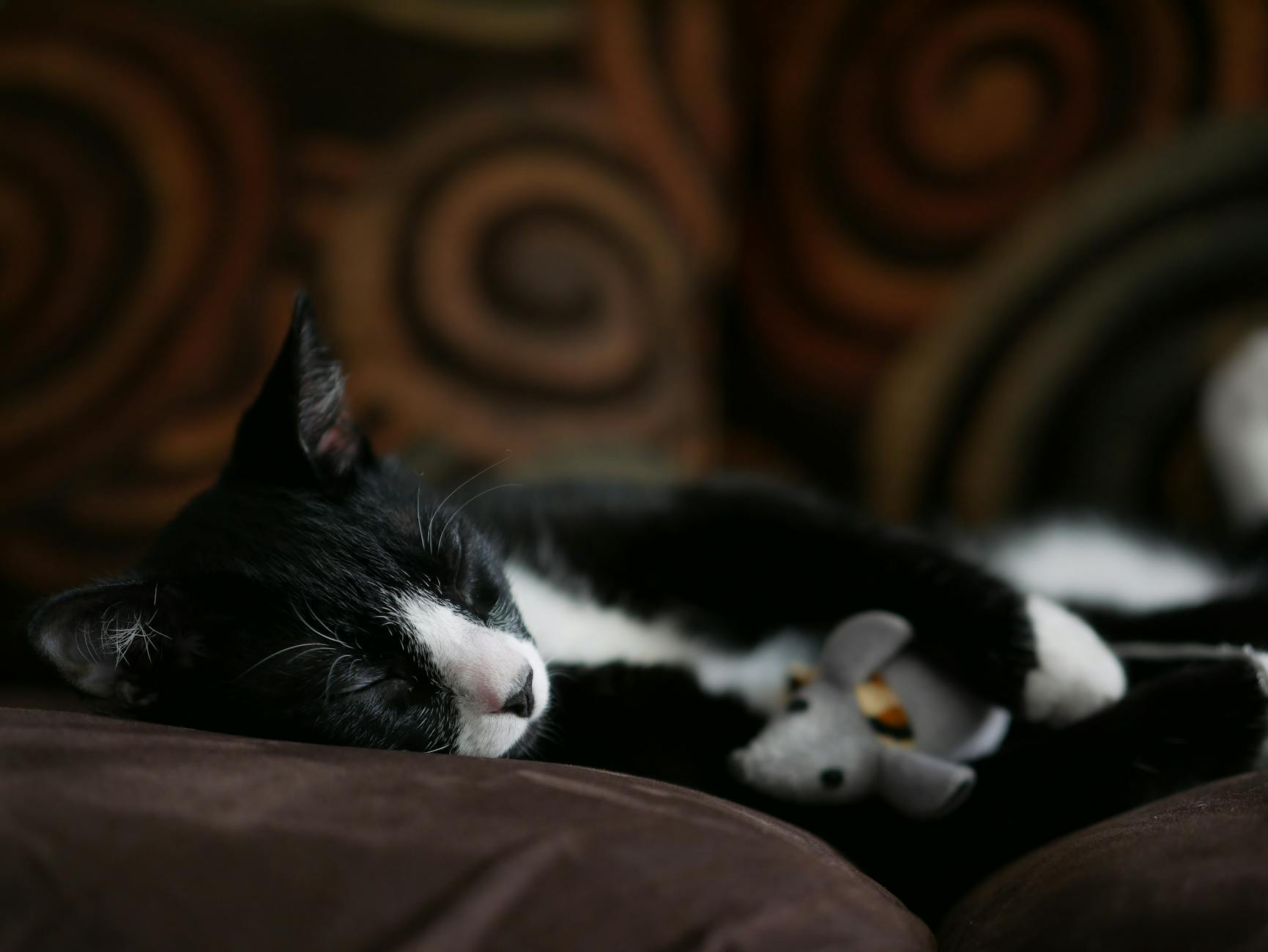Mastering Care: Duties of a Pet Sitter Unveiled

When it comes to entrusting someone with the care of a cherished pet, the role of a pet sitter becomes crucial. Pet sitters step in to provide care when owners are unable to do so due to work commitments, vacations, or emergencies. The responsibilities of a professional pet sitter go beyond simply ensuring that an animal has food and water. This profession demands a dedicated individual who can guarantee safe, loving, and attentive care for pets that are seen not just as animals, but as family members. In this article, we explore the essential duties of a professional pet sitter.
Providing Basic Care
At the very least, a pet sitter is responsible for the fundamental well-being of the pets under their charge. This includes:
-
Feeding: Serving meals at scheduled times and ensuring the pet has access to fresh water.
-
Exercise: Engaging pets in physical activities suited to their species, breed, age, and health.
-
Grooming: Brushing fur, bathing, and potentially trimming nails or cleaning ears, depending on the agreement with the owner.
-
Waste Cleanup: Disposing of pet waste, whether it’s scooping a litter box or picking up after a dog on a walk.
Monitoring Health
The pet sitter must be capable of observing any signs of illness or distress. This involves:
-
Understanding each pet's normal behavior and identifying any deviations.
-
Administering medication if required and as instructed by the pet owner.
-
Recognizing emergencies and seeking veterinary care when needed.
Providing Companionship
Pets can experience anxiety and stress in the absence of their owners. A good pet sitter provides comfort and emotional support:
-
Engaging pets in playtime and activities to keep them entertained and mentally stimulated.
-
Offering affection and reassurance to reduce anxiety and loneliness.
-
Maintaining routines to provide a sense of security.
Ensuring Safety
Safety is paramount when overseeing pets. This encompasses:
-
Securing the premises to prevent escape or injury.
-
Keeping hazardous substances and dangerous objects out of reach.
-
Following owner instructions strictly to avoid unintended harm.
Maintaining Communication
Effective communication with pet owners is a cornerstone of professional pet sitting:
-
Sending regular updates and photos to reassure owners about their pets' wellbeing.
-
Reporting any incidents or concerns promptly.
-
Complying with the owners’ preferences for updates (e.g., daily texts, emails, or calls).
Professionalism and Ethics
Maintaining a professional attitude is crucial:
-
Respecting clients’ homes and privacy.
-
Offering reliable and punctual service.
-
Upholding confidentiality and integrity at all times.
Continuous Education
The best pet sitters remain knowledgeable about animal behavior and care by:
-
Attending workshops or classes on pet health and emergency first aid.
-
Staying updated on the latest pet care products and services.
-
Understanding a variety of species to cater to diverse clients.
In conclusion, professional pet sitters play an invaluable role in the lives of pets and their owners. They provide far more than basic needs; they deliver peace of mind and enrich the lives of the animals they care for. From ensuring physical needs are met to offering companionship and ensuring safety, these dedicated professionals truly master the art of care. With the well-being of furry friends in their hands, pet sitters must be trusted, compassionate, and skilled caretakers committed to their craft.